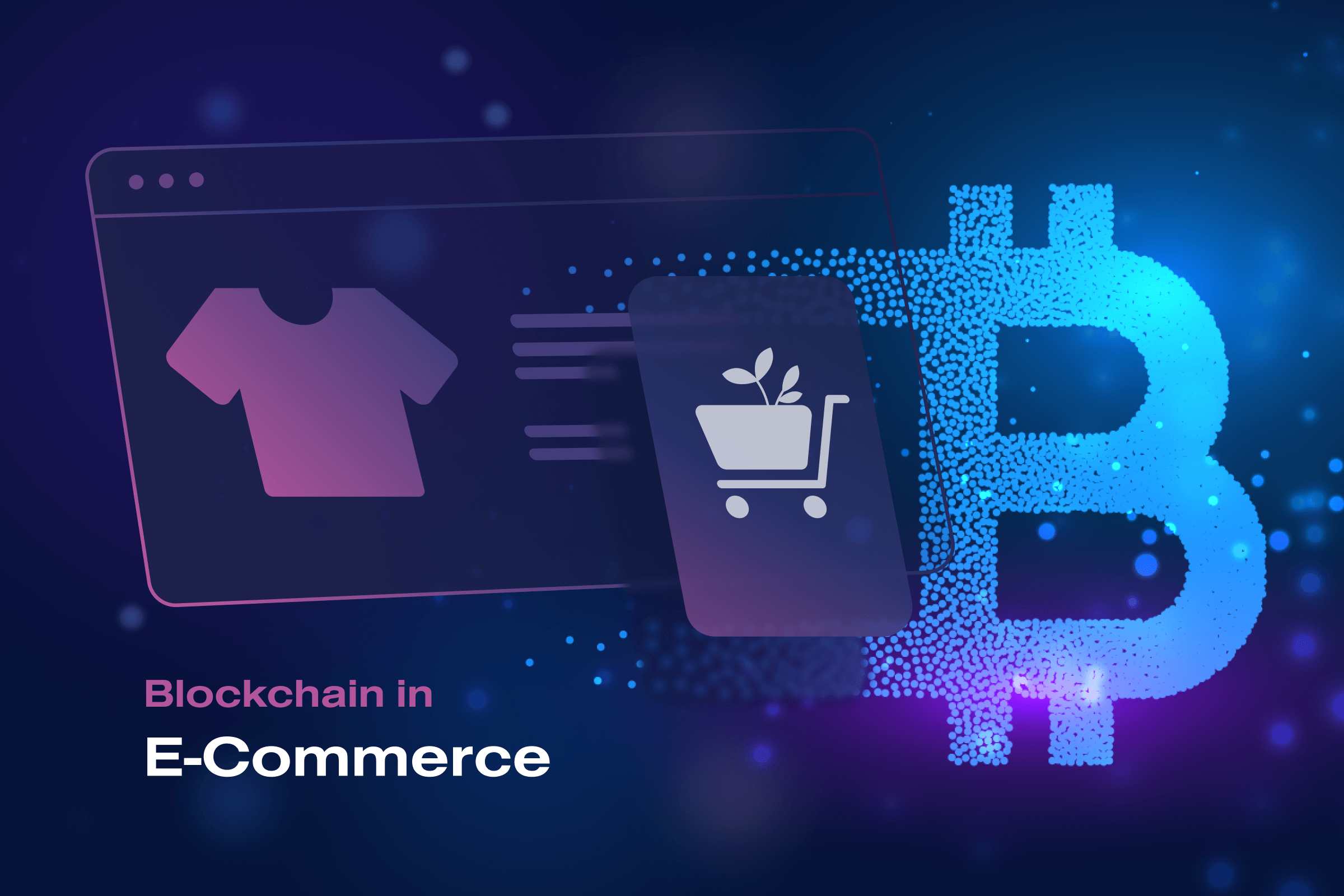Blockchain Technology: A Game-Changer for the Future of eCommerce
As the digital landscape continues to evolve, blockchain technology is emerging as a transformative force in online business. With the potential to secure transactions, improve transparency, and enhance operational efficiency, blockchain is poised to revolutionize eCommerce in ways previously unimaginable.
In this article, we’ll explore the benefits, challenges, and real-world applications of blockchain technology in eCommerce, providing you with a comprehensive understanding of its growing impact on the industry.
What is Blockchain Technology?
At its core, blockchain is a decentralized digital ledger that records transactions across a network of computers. Each block in the chain holds a set of transactions, and once a block is added, it becomes immutable—no alterations can be made. This immutability, combined with transparency, makes blockchain an ideal solution to many eCommerce issues, including fraud prevention and supply chain management.
The Benefits of Blockchain in eCommerce
1. Enhanced Security
One of the most significant advantages of blockchain technology is its ability to secure online transactions. Traditional eCommerce systems, which rely on centralized data storage, are vulnerable to hacking and fraud. Blockchain decentralizes this process, making it nearly impossible for malicious actors to alter transaction records. Each transaction is encrypted and linked to the previous one, ensuring unparalleled security.
2. Improved Transparency
Blockchain’s transparency is another key advantage for eCommerce businesses. Every transaction is recorded on a public ledger, which all parties can access and verify. This transparency helps build trust between buyers and sellers, as customers can trace the origins and journey of their purchases. For instance, a customer buying a luxury product can verify its authenticity and track its progress through the supply chain.
3. Reduced Costs
Blockchain has the potential to reduce operational costs by eliminating intermediaries like payment processors and banks. By facilitating direct transactions, businesses can save on transaction fees. Additionally, smart contracts—self-executing agreements with terms written directly into the code—can automate processes like order fulfillment and payments, further cutting administrative costs.
4. Faster Transactions
In traditional systems, payments, especially international ones, can take days to process. Blockchain technology significantly reduces this delay by eliminating the need for intermediaries. Cryptocurrencies like Bitcoin and Ethereum enable near-instant transfers, making cross-border eCommerce transactions faster and more efficient.
5. Streamlined Supply Chain Management
Blockchain’s ability to offer real-time visibility and traceability makes it a game-changer for supply chain management. Businesses can monitor goods at every stage, from raw material sourcing to delivery to the end consumer. This transparency helps eliminate inefficiencies, reduce fraud, and ensure product authenticity.
Challenges of Implementing Blockchain in eCommerce
While the benefits are clear, blockchain technology also presents certain challenges that businesses must consider before adopting it.
1. Scalability Issues
Scalability is a significant challenge for blockchain technology. As the number of transactions increases, the system can become slower and less efficient. For eCommerce platforms that process large volumes of transactions, this can be a critical issue. Solutions like sharding and off-chain transactions are being developed to address this, but they are still in progress.
2. Regulatory Concerns
The regulatory environment surrounding blockchain and cryptocurrencies is still evolving. Different countries have different rules governing blockchain technology, creating legal challenges for eCommerce businesses operating in multiple jurisdictions. Companies need to stay informed of regulatory changes and ensure compliance to avoid legal hurdles.
3. Technical Complexity
Blockchain’s technical complexity can be a barrier for small and medium-sized businesses. Implementing blockchain technology requires specialized knowledge and expertise, which may be out of reach for some organizations. Hiring blockchain developers and investing in employee training can help, but these solutions require significant financial and time investment.
4. Consumer Adoption
For blockchain to succeed in eCommerce, widespread consumer adoption is essential. Many consumers are still unfamiliar with how blockchain works and may be hesitant to use it for online purchases. To drive adoption, businesses must educate their customers on blockchain’s benefits, particularly its security and transparency features.
Real-World Applications of Blockchain in eCommerce
Despite the challenges, many eCommerce companies are already leveraging blockchain technology to improve operations and enhance customer experiences. Here are some notable real-world applications:
1. Payment Solutions
Cryptocurrencies such as Bitcoin and Ethereum are increasingly accepted by eCommerce platforms as payment methods. Platforms like Overstock and Shopify now support cryptocurrency payments, offering lower transaction fees and faster processing times compared to traditional payment methods.
2. Supply Chain Transparency
Retail giants like Walmart and Amazon use blockchain to enhance supply chain transparency. Walmart, for example, has implemented a blockchain-based system that allows it to track the origin of its products, enabling rapid identification and removal of contaminated food items from shelves.
3. Anti-Counterfeiting Measures
Blockchain is being used to combat counterfeit goods in the eCommerce industry. Companies like LVMH and Alibaba have adopted blockchain-based systems to verify the authenticity of luxury items. By providing digital certificates of authenticity, blockchain helps protect both brands and consumers from counterfeit products.
4. Blockchain-Powered Loyalty Programs
Traditional loyalty programs can be difficult to manage and often exist in silos. Blockchain-based loyalty programs are decentralized, allowing customers to earn and redeem points across multiple platforms. This approach makes loyalty programs more flexible and appealing to users.
5. Decentralized Marketplaces
Decentralized eCommerce platforms, such as OpenBazaar and Origin Protocol, are using blockchain to create peer-to-peer marketplaces. These platforms eliminate intermediaries, reducing fees and increasing transparency. Buyers and sellers can interact directly, with smart contracts ensuring fair and secure transactions.
Conclusion
Blockchain technology is transforming the eCommerce landscape, offering enhanced security, greater transparency, reduced costs, and faster transactions. However, businesses must navigate challenges such as scalability, regulatory concerns, technical complexity, and consumer adoption.
As more companies explore blockchain solutions, we expect to see even more innovative applications that will continue to reshape the eCommerce industry. By staying informed and adapting to this new technology, businesses can position themselves at the forefront of the digital commerce revolution.


